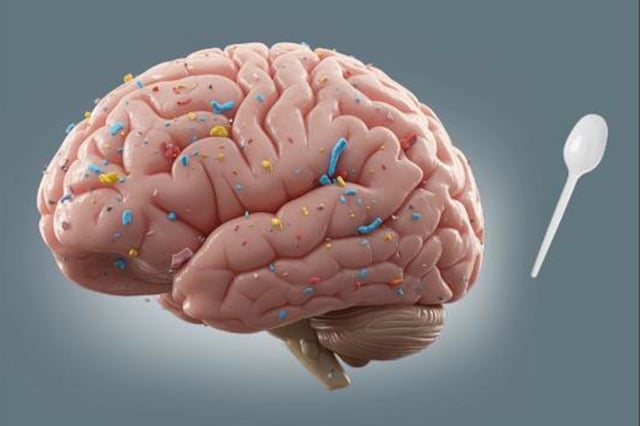Overview
- A series of studies published in the journal *Brain Medicine* reveals that microplastics accumulate in the human brain, reaching quantities comparable to the volume of a plastic spoon.
- Ultra-processed foods (UPFs), which make up over 50% of caloric intake in some countries, are a significant source of microplastic exposure due to their packaging, additives, and processing methods.
- Microplastics can breach the blood-brain barrier, with evidence linking their accumulation to inflammation, oxidative stress, and disruptions in neurotransmitter systems, which may contribute to mental health issues such as depression, anxiety, and sleep disorders.
- Researchers propose creating a Dietary Microplastic Index (DMI) to measure exposure levels and assess risks associated with microplastic-laden diets.
- Preliminary investigations suggest therapeutic apheresis, a blood-filtering procedure, could potentially remove microplastic particles from the body, though further research is needed to validate this approach.



